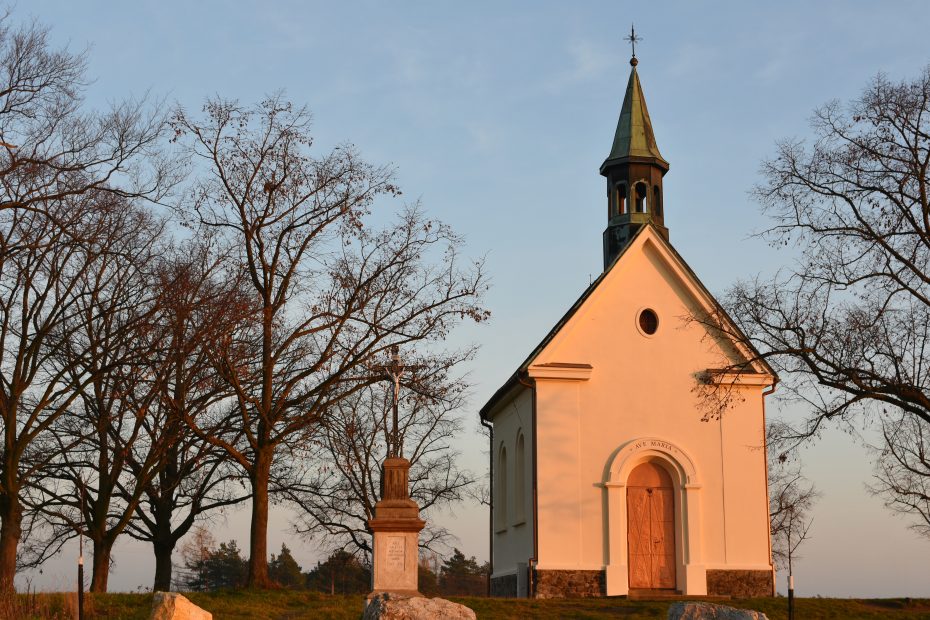Navigating the New Normal: How Presbyterians are Redefining Family and Marriage in the 21st Century
The 21st century has ushered in a new era of redefining family and marriage. As traditional notions of what family and marriage look like continue to evolve, Presbyterians are rising to the challenge and creating new ways of redefining relationships. From nontraditional forms of family-building, to redefining gender roles in marriage, Presbyterians are embracing new models in order to best reflect their individual values and beliefs.
Nontraditional family-building has become increasingly popular, with Presbyterians leading the charge in this brave new world. From unmarried couples raising children together to single-parent homes and blended families, Presbyterians are embracing nontraditional forms of family-building. This broadening definition of family is allowing for greater freedom and creativity in creating the best possible family structures for each individual’s circumstances.
At the same time, Presbyterians are also redefining marriage in the 21st century. From same-sex unions to inter-faith marriages, Presbyterians are embracing more varied and diverse forms of romantic connection. Gender roles are also being re-examined within marriage, with many couples embracing a more egalitarian approach to their relationship.
In navigating the new normal of family and marriage in the 21st century, Presbyterians are leading the way in creating new models of relationship that reflect their values and beliefs. Through embracing nontraditional forms of family-building and redefining gender roles in marriage, Presbyterians are creating a more inclusive and diverse approach to relationships – one that is sure to have a lasting impact for generations to come.
Presbyterian Churches Grapple With the Increasing Popularity of Same-Sex Marriages
As same-sex marriage becomes increasingly popular and accepted in the United States, many Presbyterian Churches are grappling with the implications on their congregation and denomination.
Presbyterians have traditionally held to a biblical interpretation of marriage as between one man and one woman, and many churches and pastors across Presbyterian denominations have been resistant to performing same-sex marriages in the past. However, attitudes have begun to change in recent years to reflect the diversity of perspectives among Presbyterians.
The Presbyterian Church (U.S.A.), the largest Presbyterian denomination in the United States, has been at the forefront of this change in attitude towards same-sex marriage. In 2014, the church voted to allow pastors to perform same-sex marriages and to recognize them as marriage ceremonies. The Presbyterian Church (U.S.A.) also allows individual congregations to decide whether or not to recognize same-sex marriage and the denomination has provided resources to help churches navigate the issues surrounding same-sex marriage.
The Presbyterian Church in America, another large Presbyterian denomination in the United States, has taken a different approach. While the denomination has not changed its stance on marriage being between one man and one woman, it has created a Covenant Network of churches and pastors devoted to finding ways to welcome same-sex couples into the church, including providing resources for same-sex ceremonies and honoring same-sex marriages.
The increasing acceptance of same-sex marriage has been a difficult but necessary process for many Presbyterian churches. While there are still disagreements about the proper response to same-sex marriage, it is clear that Presbyterian churches are committed to finding ways to honor and respect the diversity of beliefs and perspectives within their congregations.
Exploring the Impact of Divorce and Remarriage on Presbyterian Churches and Families
Divorce and remarriage can be difficult for families and churches in the Presbyterian tradition. Despite this, there are ways for both churches and families to support individuals who have experienced divorce and/or remarriage. From providing counseling to starting support groups, there are many ways to provide support during this difficult time.
In the Presbyterian tradition, divorce is not something to be taken lightly, but it is not a sin. Presbyterian churches believe that divorce is allowed when the marriage has become irretrievably broken. In this situation, the church extends grace and compassion to those who have been affected by the divorce.
Despite this, divorce and remarriage can still have a significant impact on families and churches. Those who have gone through the experience of divorce may find themselves struggling to cope with their circumstances. They may feel isolated or ashamed, and may benefit from the comfort and support of their church family.
Presbyterian churches can provide support to families and individuals who have experienced divorce and/or remarriage. Churches can provide counseling and guidance for those who are struggling with the effects of divorce or remarriage. They can also offer support groups for individuals, couples, and families. These groups can provide a safe space for individuals to talk about their experiences, and to receive support from the church community.
In addition, churches can also provide resources for those going through the process of divorce or remarriage. These resources can include books, websites, and other materials that provide information on the legal and practical aspects of divorce and remarriage. These resources can help individuals understand their rights and responsibilities during this difficult time.
Divorce and remarriage can be difficult, but with the right kind of support, Presbyterian churches and families can help individuals who are going through this process. Churches can provide counseling, support groups, and other resources to help those affected by divorce and remarriage. By doing this, Presbyterian churches and families can show their love and compassion, and provide a supportive and caring environment.
Conclusion
The Changing Landscape of Family and Marriage in the Presbyterian Church is a complex and ever-evolving topic. The Church is adapting to modern social changes by providing more inclusive and welcoming views on marriage, family, and relationships. While there are still differences of opinion in the Church, overall the Church is going in a more progressive direction. This is a positive step to ensure that all members of the Church, regardless of their marital status, gender, or sexual orientation, feel like they are included and respected.
